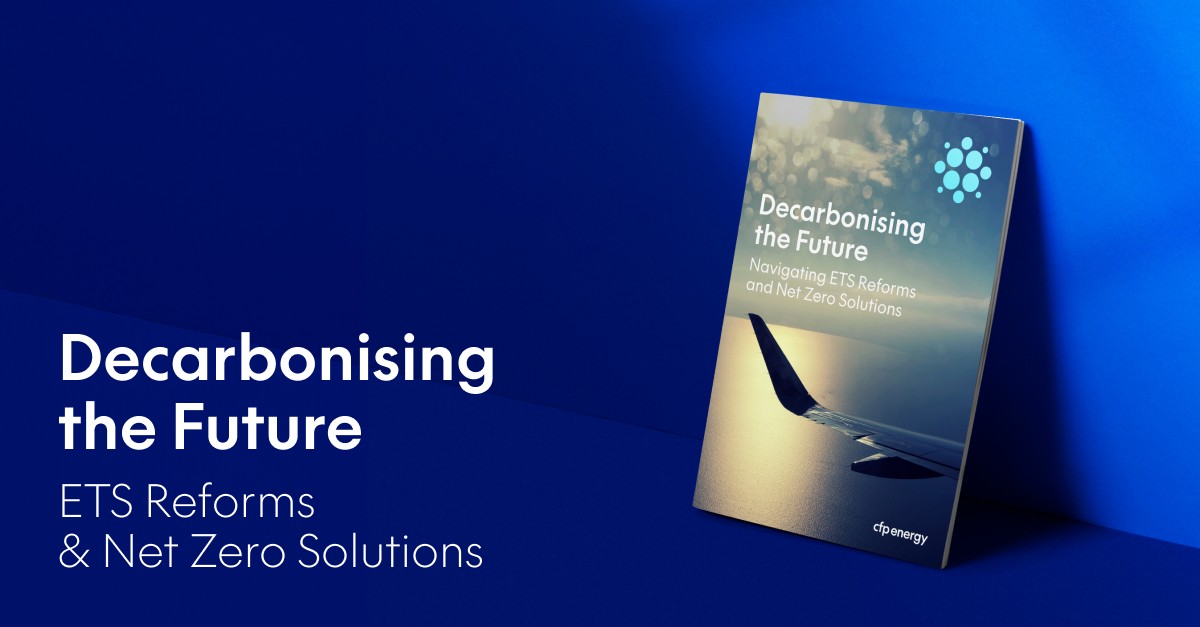We're exhibiting at E-World | Register & Secure your Meeting
Germany, Essen | 11-13 February
Germany, Essen | 11-13 February
10 December 2024
Tim Atkinson

In the years leading up to 2050, when the EU, the UK and many others are looking to achieve net zero, new environmental regulations, growth in renewables and reform of flagship emissions trading schemes will have a greater impact on businesses than ever before.
And this change is significantly closer than many think.
For companies covered by the EU Emissions Trading Scheme (ETS) and UK ETS, a paradigm shift is on the horizon.
Significant reform will tighten the cap from now until 2030, reducing free allocations and removing surplus allowances. These changes are forecast to increase future allowance prices and require new abatement technologies to achieve future emissions reduction targets.
Whilst abatement projects, and innovation that reduces emissions across all sectors is the ultimate long-term goal, technology and funding availability remain major barriers to more widescale implementation currently.
In the short-term, companies need to make use of market-based mechanisms to manage carbon price risk and begin the transition to net zero. Whether that be the implementation of a purchasing strategy for carbon allowances, contracting green certificates/PPAs for power or use of alternative biofuels, those companies that act early will be best placed to manage the future net zero challenge.
This report examines the position of companies in key sectors across the UK and Europe, analysing whether organisations are ready for the net zero transition.

Access report, here
We surveyed 500+ large-scale organisations across the aviation, construction, shipping, data centre and manufacturing sectors, to investigate which solutions they are using to meet net zero ambition and also to understand how those impacted by the EU ETS and UK ETS are preparing for the changes to come.
Our findings offer an encouraging view, with respondents showing a good understanding of the different solutions and challenges. The vast majority of respondents also stated they taken steps to plan for higher carbon costs in the future, however, they also highlighted major hurdles to decarbonise such as funding, regulations, technology availability and knowledge.
Overcoming these barriers is a challenge, but it’s a necessity for your business, for your industry and for our planet.
We’ve authored this report to provide a picture of decarbonisation across the UK and Europe. We built CFP Energy to achieve it.
If you would like to learn how, get in touch, here.
CFP Energy is proud to have been recognised in the Environmental Finance Environmental Market Rankings 2025.
CFP Energy is proud to have been recognised in the Environmental Finance Environmental Market Rankings 2025.
Decarbonising the Future: ETS Reforms & Net Zero Solutions - The latest industry report from CFP Energy features the insights of John Booth as well as the results of a survey of data centres across the UK, France and Germany. Operators were questioned on their net zero progress and future outlook for decarbonising their operations.